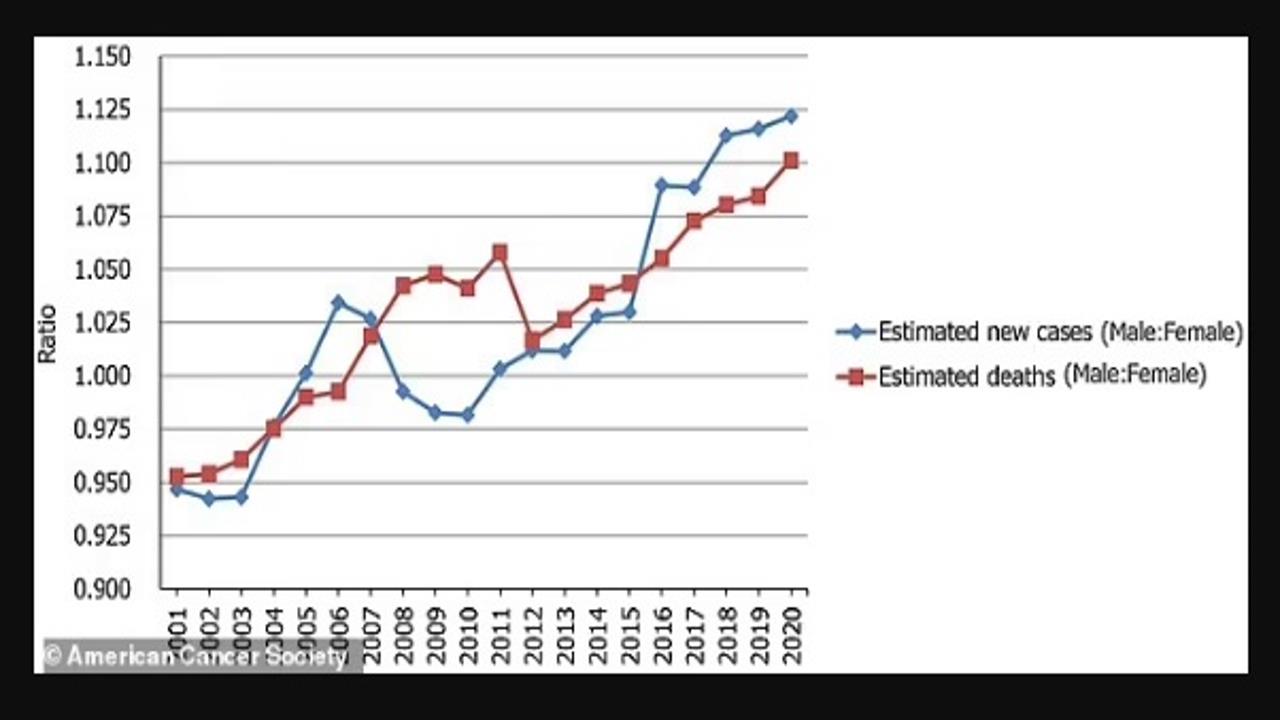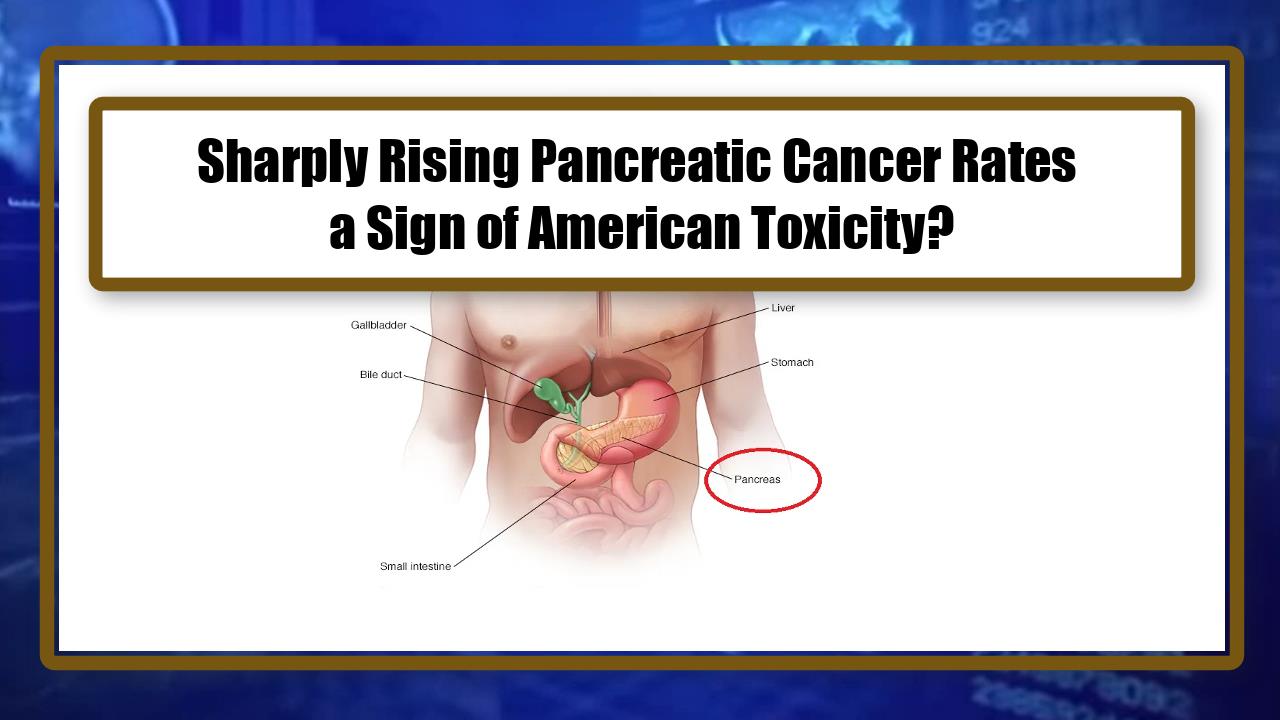Video:
Take our online poll:
AI Analysis:
Pancreatic cancer typically develops when cells in the pancreas undergo genetic mutations. While the exact causes of these mutations are often unknown, several risk factors have been identified that may increase the likelihood of developing pancreatic cancer:
Age: The risk of pancreatic cancer increases with age, with most cases occurring in individuals over the age of 60.
Tobacco Use: Cigarette smoking is one of the most significant risk factors for pancreatic cancer. Smokers are about twice as likely to develop pancreatic cancer compared to non-smokers.
Family History: Individuals with a family history of pancreatic cancer, particularly those with multiple affected relatives, have a higher risk of developing the disease. Certain genetic syndromes, such as hereditary pancreatitis, familial atypical multiple mole melanoma (FAMMM) syndrome, and Lynch syndrome, also increase the risk.
Chronic Pancreatitis: Long-standing inflammation of the pancreas, often due to excessive alcohol consumption or other causes, can increase the risk of pancreatic cancer.
Obesity: Being overweight or obese is associated with an increased risk of pancreatic cancer.
Diabetes: Chronic diabetes, especially if diagnosed later in life, may slightly increase the risk of pancreatic cancer. Additionally, new-onset diabetes may be an early symptom of pancreatic cancer.
Dietary Factors: A diet high in red and processed meats, as well as low in fruits and vegetables, may contribute to an increased risk of pancreatic cancer.
Alcohol Consumption: Heavy alcohol consumption over many years can increase the risk of pancreatic cancer.
Race/Ethnicity: African Americans are slightly more likely to develop pancreatic cancer than individuals of other racial or ethnic groups.
Certain Occupational Exposures: Exposure to certain chemicals, such as pesticides, dyes, and petrochemicals, may increase the risk of pancreatic cancer, although the evidence is not conclusive.
It's important to note that having one or more risk factors does not necessarily mean that someone will develop pancreatic cancer, and individuals without any known risk factors can still develop the disease. Additionally, many people diagnosed with pancreatic cancer do not have any identifiable risk factors. Early detection and prompt treatment are crucial for improving outcomes in pancreatic cancer.
Chart:

References:


Comments